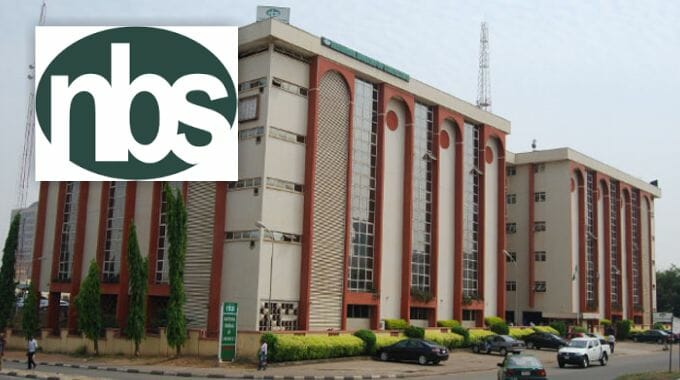- Nine oil-producing states in Nigeria received N1.885 trillion over two years from the 13% oil derivation fund but face escalating debts
- Despite substantial allocations, states like Delta, Akwa Ibom, and Bayelsa grapple with high indebtedness, raising concerns about accountability and development
Despite receiving a substantial N1.885 trillion over two years from the 13 percent oil derivation fund, nine oil-producing states grapple with escalating debts due to loans acquired from local and foreign sources.
In 2022, the nine states shared N970.20 billion through the 13 per cent derivation formula, followed by N901.22 billion in 2023, as the National Bureau of Statistics (NBS) reported. This fund, derived from the federation’s revenue, is allocated to oil-producing communities through state governments, as specified in Section 162, Sub-Section 2 of the Nigerian constitution.
Delta claimed the highest allocation in 2022, totalling N296.63 billion, representing 31 per cent of the total revenue from the derivation account. Akwa Ibom closely followed with N222.52 billion, comprising 19 per cent of the disbursement. In 2023, Delta again led with N306.16 billion, followed by Akwa Ibom (N205.89 billion) and Rivers (N157.58 billion).
Despite these significant funds, Delta, Akwa Ibom, and Bayelsa, among others, grapple with high levels of indebtedness, as per the Debt Management Office (DMO). Delta tops the list with a total debt of N272.61 billion, followed by Rivers and Akwa Ibom with N225.51 billion and N219.62 billion, respectively.
Imo, Bayelsa, Edo, Abia, Ondo, and Anambra are also burdened with substantial domestic debts, highlighting the challenge of massive infrastructure decay.
The Economic and Financial Crimes Commission (EFCC) revealed a potential collision among governors of oil-producing states over the misappropriation of N84.7 billion from the statutory 13 per cent derivation fund. Additionally, a contentious issue involves releasing N52 billion recovered from the former Accountant General of the Federation, Ahmed Idris.
An activist in the Niger Delta region, Felix Sam Jnr., emphasized the need for accountability, pointing out that despite substantial inflows, the states have little to show for the funds, with citizens lacking essential amenities like water, electricity, roads, and quality education.
